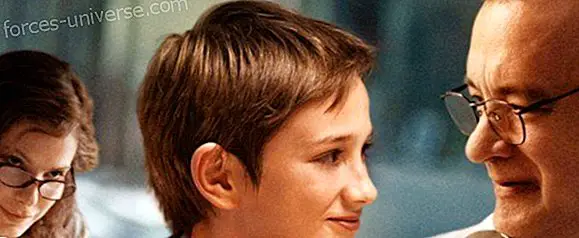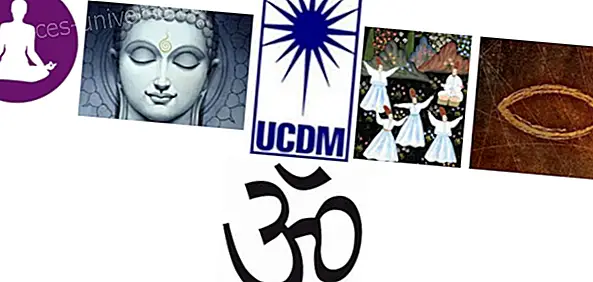
#twenty-one
Series 2
September 2010
The e-magazine for the precursors of the new education.
We dedicate this work to all the children in the world and to those to come.
News…
It already restarts
you tour them!
Tacna, Peru, September 18 and 19
Santiago, Chile, September 20-23.
Santiago, Chile, from 24 to 26, Training II with Noemi Paymal and Ivette Carrión
Mexico, from September 30 to October 11, updated, with more events in Los Mochis.
The surprise tour for Mexico had and still has many changes! Please stay tuned to the website, just in case ...
• Send email
• See web
Inka Samana intercultural school
Ready to print

In this newsletter we send:
- news from the school would communicate Samay, Tumbaco, Ecuador, as a follow-up to last week's newsletter with the photos sent by Verónica Duran and Inti Vacacela, bilingual teachers from the Samay school.
- and a report from the Inka Samana school, by José María Vacacela, uncle of Inti. The Inka Samana Trilingual Intercultural Active Experimental Educational Unit is located in Saraguro, Ecuador.
Ecuador: an explosion of alternative schools. Bravo and go ahead!
Yupaichani Shungumanta! Thanks from my heart.

The school would communicate Samay, Tumbaco, Ecuador
Veronica Release:
“This Saturday there will be another minga (minga: community work), and Monday is the inauguration of the school among families. In October there will be a grand opening party for everyone ...
I send you the photos of the minga of the other week. A hug. " Verónica Durán, Samay Community School. To support this school write to Veronica



The Inka Samana school, Saraguro, Ecuador

Photo: Directors José María Vacacela and Maria Gabriela Albuja
A path to a multicultural education

"Here, we present Inka Samana, a multicultural, trilingual education model ... because we believe that no worthy education can be built on the denial of the identity and value of indigenous cultures." Declares Carmen Qorinina Minchan, Founding member of INTI France.
Why not do an indigenous education?

“Why not do an indigenous education? And I reflected ... This is what we indigenous people need to recover our security, respect, autonomy and freedom. From here, after many adventures and struggles, the Inka Samana school was born. ” José María Vacacela, Director of the Inka Samana Trilingual Intercultural Active Experimental Educational Unit, comments.

Photo: Maria Gabriela Albuja, pedagogue of Inka Samana
General objectives:
- Offer academic excellence with self-sustaining trilingual intercultural education for Saraguro Indians and other people who want it.
- Establish a research and cultural rescue center.
- Create a community life system.
Specific objectives:
- Offering trilingual education and an environment of practical values for children, children and adolescents.
- Use Kichwa as a language of communication and learning.
- Provide a relaxed environment with therapeutic support for students.
- Train teachers, students, parents, and the public in general.
- Establish a cultural systematization research team.
- Maintain and develop cultural values, through workshops of texturing, goldsmithing, headgear, pottery and plastic arts.
- Promote and recreate indigenous music, dance and choreography.
- Document oral literature.
- Increase agricultural, agricultural, handicraft and marketing productive projects within the Educational Unit.
- Maintain intercultural exchanges at the level of students, parents and teachers.
- Practice interculturality.
- Practice community and organizational life.
- Integrate the family, community and organization in an active way.
Interviews conducted in February 2009, in Inka Samana, Saraguro, Ecuador

Let us leave behind our old ways in which we were educated, the resentments that somehow have been dragging us When we can connect starting from us from the I, we can connect and be integral with ourselves with the internal and external part. This micro cosmos can make a connection with the micro and macro cosmos, so in that sense we are going to found a new planet. Director Jos Mar a Vacacela
There are no grades in this educational unit, but there are areas and children go to work in the areas they like. The principles of this unit are affection, security, solidarity, reciprocity and we have to attend to them by giving them confidence, respecting them more than anything, because each child is different. In case there are difficulties, therapies are done or parents are cited to be able to move the student forward . The Primary Director
The area of mathematics consists in the collection of complete materials to do the four operations, everything is manageable, nothing is figurative. Everything is with concrete material based on grains, beans, beans, pearls, potatoes, very beans, corn, etc. and other things that must be devised so that the child can feel at ease in this area. Professor of mathematics ngel Chalan
“There has to be a sequence from the nursery to the garden because at that age the children acquire the basis for life. There are therapies for children, they are allowed to cry, they kick, they bother the teachers (but not the children!), All this to get aggressive and not only that, they are also tickled, they are allowed to play with water, Sand, mud, dirt, handle the kitchen knife to cut. They do a lot of crafts. ” Nursery Director



Photos of the Inka Samana school: José Maria knocked down all the interior walls and the children work by area according to their interest and speed.
For more details of the methodology go to: 
Contacts
José Maria Vacacela and Maria Gabriela Albuja
Websites
pueblo-saraguro.html
Photos taken from:
www.susiladharma.org
www.picasaweb.google.com
www.project-activities.susiladharma.org
www.saraguros.com
This email is a Pedagooogía 3000 service. If you want:
- SURCRIBE, do it directly from our website: www.pedagooogia3000.info
- CANCEL the subscription, send a message to, subject: unsubscribe
We urge you to distribute this material, without commercial purposes, electronically or in print, as long as the service credits, the authors, as well as the source and the link are mentioned.
2010 Pedagooogy 3000 ®






